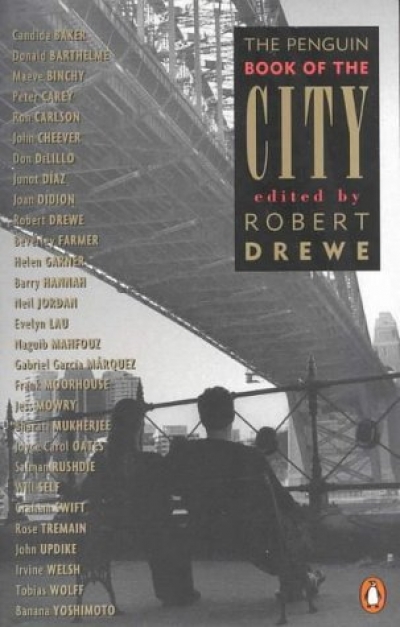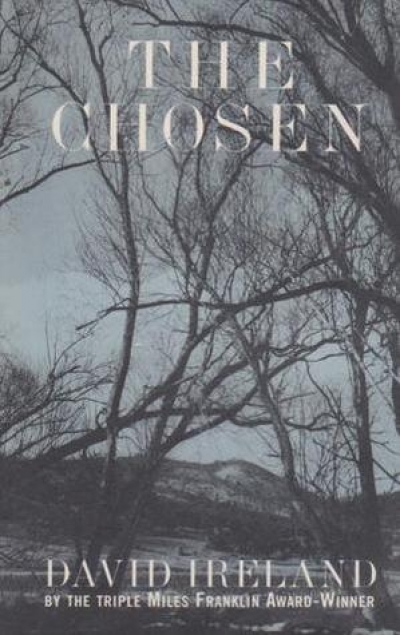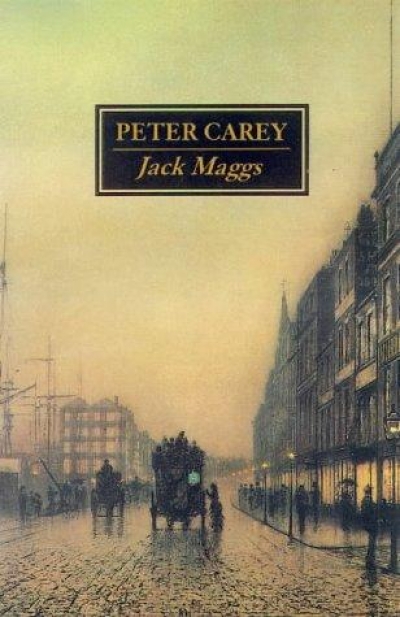Fiction
Like much else about this novel, its title The Chosen is not the relatively straightforward affair it may, at first, appear to be. One assumes for the first hundred pages or so that the ‘chosen’ are those citizens of the small NSW Southern Tablelands town of Lost River who have been chosen by a randomising computer program to have their lives represented in the commemorative tapestry being woven as a civic project along with two other pet Town Council proposals, a new jail and a high-temperature incinerator. It’s a mode that critic Ken Gelder has called ‘dark pastoral’.
... (read more)The Listmaker by Robin Klein & The Apostle Bird by Garry Disher
by Stephen Matthews •















